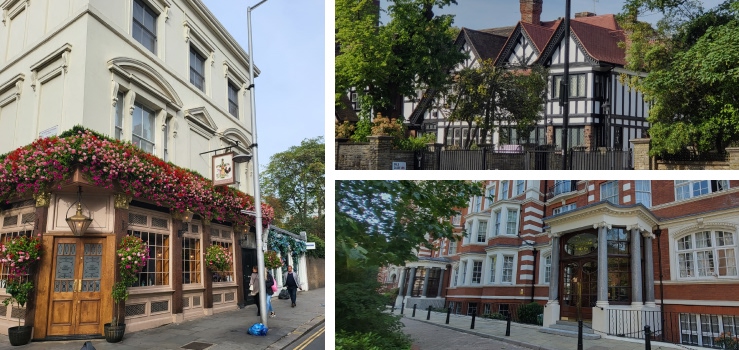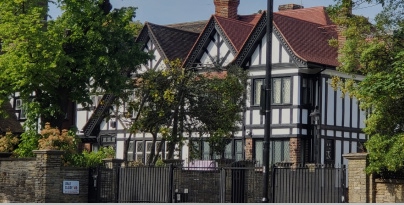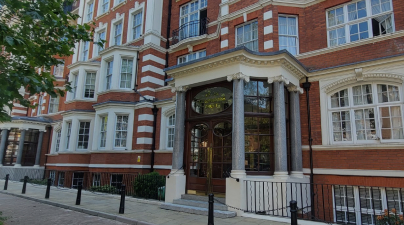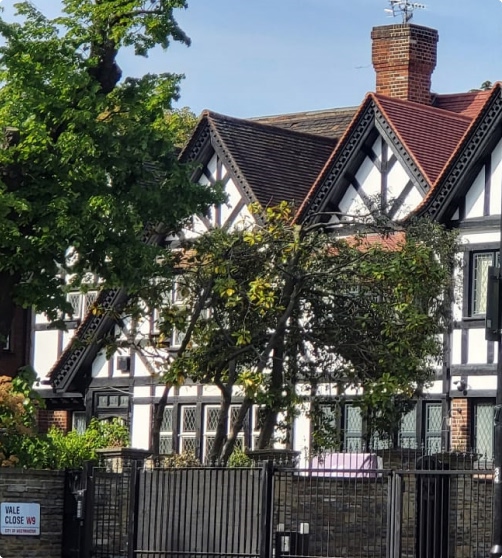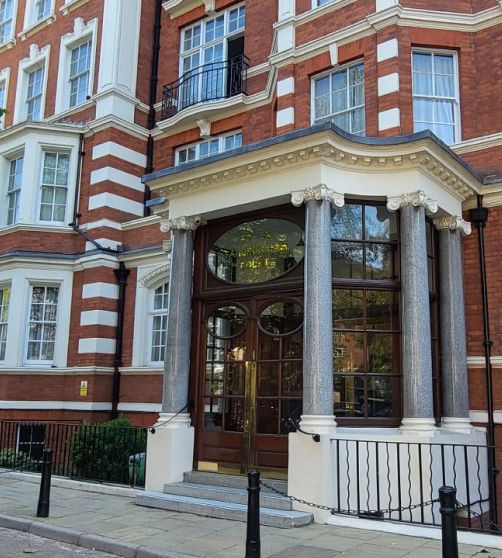A Chartered Valuation Surveyor can assist with valuations for many purposes but tax valuations are a rather specialist area where local expertise and experience really counts. Whether for inheritance tax, capital gains tax or to assess the value of a property being gifted as part of inheritance tax planning, valuations for tax purposes usually have to be negotiated and agreed with the Valuation Office Agency. So the valuation and the Chartered Valuation Surveyor’s ability to justify and defend it becomes critical. Most valuations for tax planning or tax management are generally required as the property being valued has not been sold, so there is no ‘arms length market transaction’ taking place.
So it is all about the homework, the comparable valuation evidence and how that is interpreted usually to a retrospective valuation date, i.e., value as at date of gift, date of inheritance, date of transfer etc... Then, the outcome will depend on the negotiation skills of the Chartered Surveyor acting for you.
A valuation for tax purposes will usually be required for:
- a disposal subject to capital gains tax,
- as part of tax planning when a property is being ‘gifted’,
- inheritance tax following a death.
A further complexity in tax valuations is that the valuation date is often a date in the past, either because it takes time for probate to be granted or because for capital gains tax one has to establish the value either at the acquisition date or where the property was bought before 1982 or 1965 to elect for a 1982 or 1965 valuation instead.
Include FAQ and hooks such as :
When do you need a tax valuation?
A tax valuation is required whenever an individual sells or transfers an asset. The most common situations in which a tax valuation is necessary are when a person sells their home, transfers assets between family members, or when the value of an estate is above a certain threshold.
The market value of an asset for tax purposes is generally calculated using one of the three methods mentioned above, although the IRS may use a different method depending on the type of asset and the information available. The market value is then adjusted to reflect any applicable discounts or premiums.
What is inheritance tax?
Inheritance tax is a tax that is paid on assets that are transferred from a deceased person to their heirs. The inheritance tax is calculated based on the market value of the assets at the time of transfer and is generally payable by the heir.
The inheritance tax rates vary depending on where the assets are located and the relationship between the deceased and the heir. Generally, the inheritance tax is payable when the assets are transferred, although there are some exceptions.
Why is a tax valuation important for inheritance tax?
When a person dies, their estate must go through a legal process to determine the value of the property and assets left behind. This is required to calculate how much inheritance tax is owed on the estate. A valuation is an important part of this process, as it determines the worth of alltion for Tax Purposes.
What is capital gains tax?
Capital gains tax is a tax that is levied on the profits that are made from selling assets. The tax is calculated as a percentage of the difference between the sale price and the original purchase price.
The tax applies to both individuals and businesses, and there are a number of exemptions that can apply. For example, capital gains tax does not apply to assets that are sold at a loss or to assets that are held for more than one year.
How is capital gains tax Calculated?
The capital gains tax is calculated as a percentage of the difference between the sale price and the original purchase price. The percentage depends on the tax bracket that the individual falls into.
There are a number of exemptions that can apply to capital gains tax, including assets that are sold at a loss or assets that are held for more than one year.
What is the Capital Gains Tax Exemption?
The capital gains tax exemption is the amount of money that can be earned without having to pay taxes on the profits. This amount depends on the tax bracket that the individual falls into.
Are there any Capital Gains Tax Deductions?
Yes, there are a number of deductions that can be claimed for capital gains tax. These include expenses related to the sale of the asset, such as legal fees and commissions. In addition, the cost of purchasing the asset can be deducted from the profits made on the sale.
How long do you have to hold an asset to avoid Capital Gains Tax?
An asset must be held for more than one year to avoid capital gains tax. This is known as the long-term capital gains tax rate.
The Royal Institution of Chartered Surveyors (RICS) represents the property profession in 146 countries, and regulates its ‘Chartered’ members. All valuations are subject to the RICS International Valuation Standards otherwise known as the ‘Red Book’.

